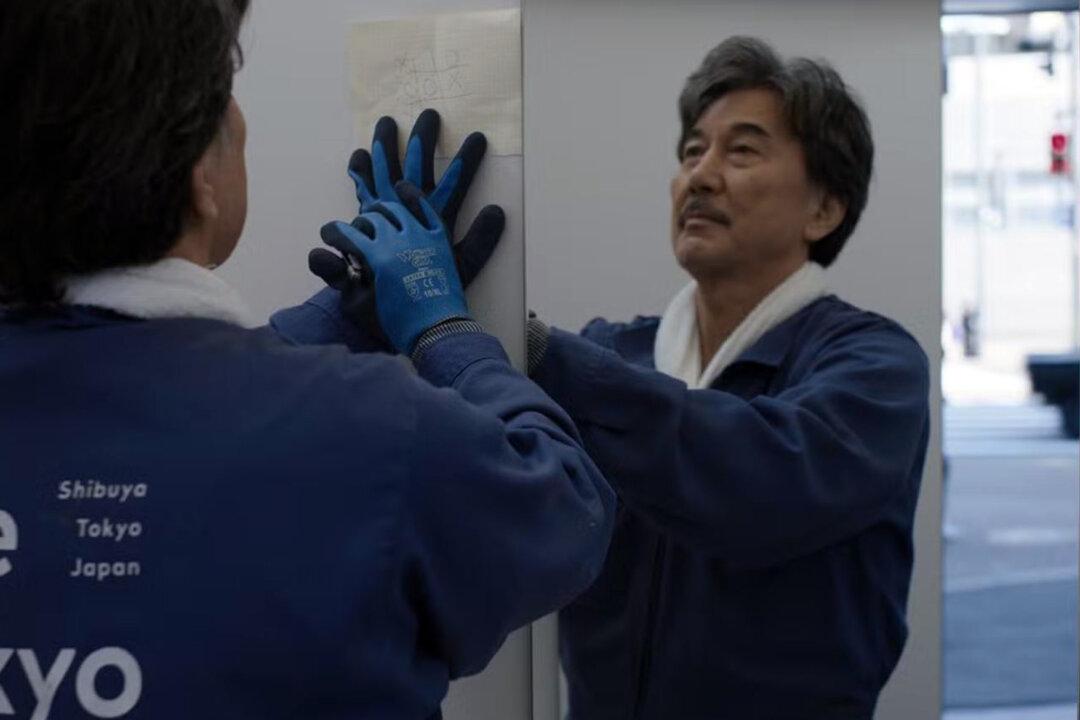PG | 2h 4m | Drama | 2024
No explosions. No severed limbs. No lovers’ quarrels or high-stakes showdowns. No towering robots battling kaiju (godzilla type monsters) across Tokyo’s skyline. Instead, “Perfect Days,” directed by Wim Wenders, asks us to slow down, find joy in the ordinary, and savor life’s smallest moments. It’s a quiet, meditative celebration of the hidden beauty within the rhythms of daily life.






